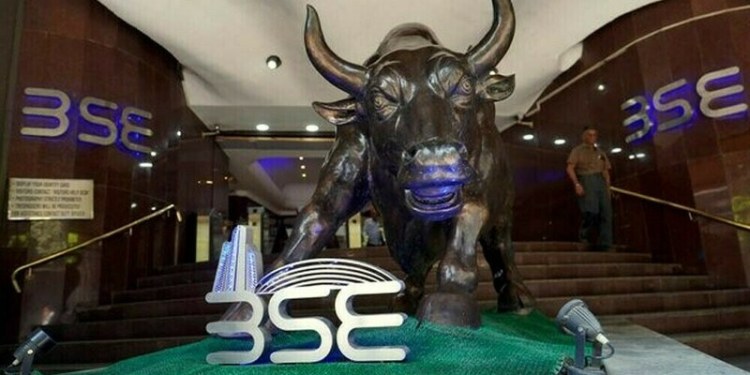(Bloomberg) — Sweden’s central bank may be facing its most difficult meeting since 2011.
That’s the last time the bank raised interest rates and, in so doing, set in motion a cycle that ultimately ended in the deployment of crisis measures.
Inside and outside the Riksbank, there are now very different views on how and when it should unwind its historic stimulus program. Ten of the 24 economists surveyed by Bloomberg expect the bank to take a first step this week, adding a quarter point to the benchmark repo rate and bringing it to minus 0.25 percent. The rest predict that the board will wait.
The first Swedish rate rise in seven years would come a week after the European Central Bank announced an end to its quantitative easing program, which has pumped cash into Europe for almost four years and left countries like Sweden to deal with the fallout. It was the start of ECB stimulus that forced Riksbank Governor Stefan Ingves and his colleagues to unveil their own bond-buying program and cut rates below zero.
The Riksbank’s board has been split over when to take the next step, after halting its quantitative easing program late last year. But with inflation now hovering at the 2 percent target, the board has said it feels confident it can move before the ECB and has signaled a hike will come either in December or February.
But it’s a difficult time to start tightening, especially since global and domestic growth are showing signs of slowing amid an escalating trade war and falling stock markets. The U.S. Federal Reserve has also grown much more cautious with its rate hikes and the ECB has signaled it won’t raise rates at least until the second half of next year.
For Swedish policy makers, who were derided by Nobel laureate Paul Krugman as “sadomonetarists” for their bias toward tight policy during the financial crisis, raising rates in the current environment may be difficult.
Here’s what economists say:
Fusion Media or anyone involved with Fusion Media will not accept any liability for loss or damage as a result of reliance on the information including data, quotes, charts and buy/sell signals contained within this website. Please be fully informed regarding the risks and costs associated with trading the financial markets, it is one of the riskiest investment forms possible.
Source: Investing.com



























